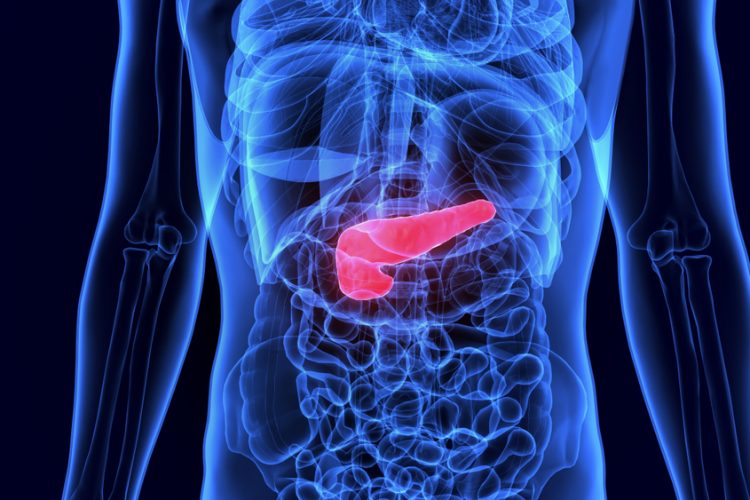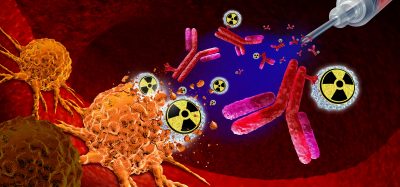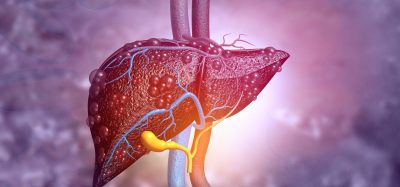Researchers identify link between pancreatic cancer-driving mutations
Posted: 19 June 2020 | Victoria Rees (Drug Target Review) | No comments yet
A study has shown that p53 rewires RNA splicing which leads to further activation of the KRAS oncogene, presenting a target for the progression of pancreatic cancer.


A new study has revealed a direct link between pancreatic cancer-driving mutations and the mechanism that regulates cell activity. The researchers say their findings could provide insight for future development of therapeutics that could hit this newly found target in pancreatic cancer.
According to the team, from Dartmouth-Hitchcock Medical Center, the development of pancreatic cancer is driven by co-existing mutations in an oncogene involved in controlling cell growth, called KRAS and in a tumour suppressor gene, called p53. However, previous research has failed to show how these mutations co-operate to promote cancer.
The team analysed every known mRNA splice variant encoded by the human genome – more than 200,000 possible sequences – in hundreds of pancreatic cancer patients.
“The most commonly mutated tumour suppressor gene in cancer, p53, dramatically rewires RNA splicing, the fundamental cell mechanism by which RNA is processed before being translated into protein. The rewiring is done in a manner that leads to further activation of the KRAS oncogene, the major ‘driver’ gene in human pancreatic cancer,” said co-lead researcher Dr Steven Leach, Director of Dartmouth’s and Dartmouth-Hitchcock’s Norris Cotton Cancer Center (NCCC). “Our paper shows that a new class of drugs that alter RNA splicing have selective activity against p53-mutant pancreatic cancers.”
The researchers say their study shows that there are still fundamental mechanisms to be discovered in cancer that can lead to new treatment strategies. Based on these findings, the next steps will be to design clinical trials that will evaluate these new drugs in patients with pancreatic cancer.
The study was published in Cancer Cell.
Related topics
Disease Research, Drug Targets, Oncology, Research & Development, RNAs
Related conditions
Pancreatic cancer
Related organisations
Dartmouth-Hitchcock Medical Center
Related people
Dr Steven Leach








